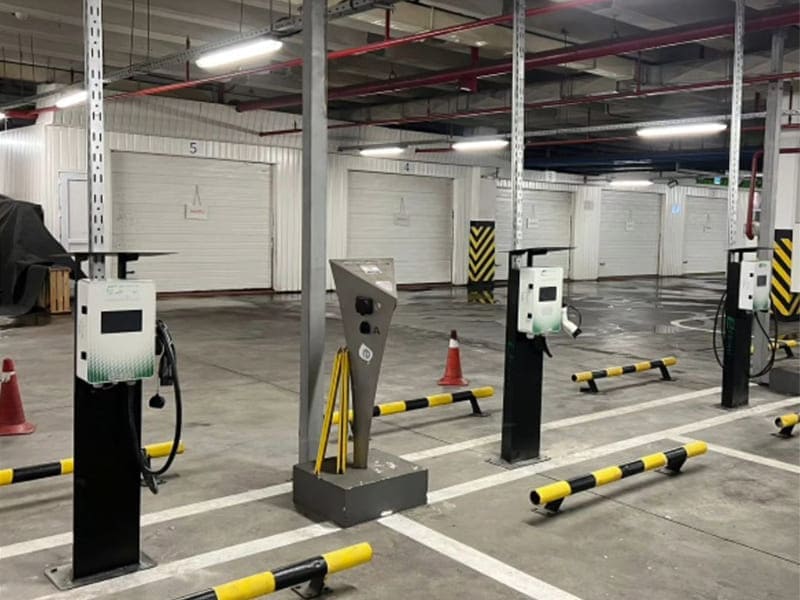Electric vehicle owners encounter different plug types. Understanding the difference between Type 2 and Type 1 EV charging station models is crucial. This knowledge ensures compatibility and optimal charging performance.
Physical Connector Design
The physical design differs significantly. A Type 1 EV charging station uses a five-pin connector. It includes a basic latch mechanism for security. Conversely, the Type 2 connector features seven pins. It utilizes a more secure electronic locking system. This is the most visible difference.
Regional Standard Dominance
Regional standards dictate primary usage. The Type 1 EV charger station is common in North America and Japan. However, Type 2 is the official standard across Europe. Furthermore, many other regions now adopt the Type 2 design. This makes Type 2 more globally prevalent.
AC Charging Capabilities
Both support AC charging, but differently. A Type 1 EV charging station typically handles single-phase power. This limits its maximum power output potential. Meanwhile, Type 2 connectors support three-phase power. Consequently, they enable much faster AC charging speeds.
Locking and Safety Mechanisms
Safety features are a key differentiator. The Type 1 EV charger station has a simple mechanical lock. Type 2 EV charging stations employ a superior electronic locking system. This automatically secures the plug during charging. Therefore, it prevents accidental disconnection.
Vehicle and Market Compatibility
Your vehicle’s socket determines your choice. Most American and Japanese cars use a Type 1 EV charger station. European vehicles almost exclusively require Type 2. Always check your vehicle’s port before purchasing a charging station. Compatibility is essential for operation. Where to buy a commercial-grade Wall EV Charging Station in bulk?
Aegen’s Comprehensive Product Range
Aegen manufactures stations for both standards. They produce reliable Type 1 and Type 2 commercial EV chargers. Their products serve various international markets. Moreover, Aegen offers free technical support globally. This ensures customers receive the correct solution.
Future-Proofing Your Investment
The market trend favors Type 2 connectors. Its three-phase power support is a major advantage. Therefore, investing in a Type 2 station is more future-proof. However, a Type 1 EV charging station remains necessary for specific regions. Choose based on your location and vehicle.
Making the Right Choice
In conclusion, the choice depends on geography and vehicle. Select a Type 1 EV charging station for North American cars. Opt for Type 2 if you are in Europe or have a European vehicle. Always verify compatibility with your specific EV. Partnering with a supplier like Aegen guarantees expert guidance.

